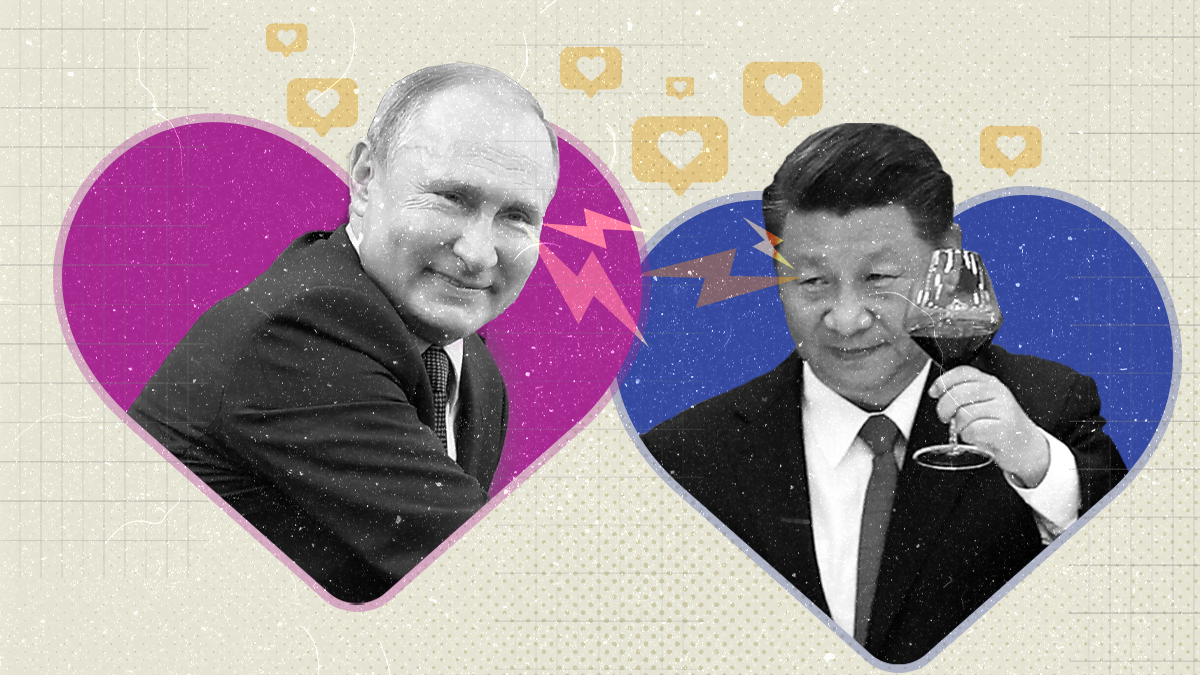What’s next for Russia & China?
Russia and China broadcast their friendship to the world on Wednesday as the West freaked out about the possibility of Beijing turning to arm Moscow’s troops in Ukraine. After meeting Chinese top diplomat Wang Yi in the Kremlin, Vladimir Putin said that strong Russia-China ties are “important for stabilizing the international situation.” (A tad rich coming from the guy who upended geopolitics by invading Ukraine a year ago.) Putin also confirmed that Xi Jinping would visit Moscow for a summit in the coming months. Wang, for his part, clarified that while their famous partnership “without limits” is not directed against any other nation, it certainly should not be subject to external pressure. He said both countries support “multipolarity and democratization of international relations” – in other words, not a US-led liberal international order. Still, no matter what Western governments say, the Chinese are not so willing to break ties with the US and its allies, mainly because Beijing's trade relations are too important. Meanwhile, we wonder whether the current status of the Russia-China relationship — friends with benefits but complicated — will blossom into a marriage (of convenience) or end in a bad breakup. What we know for sure is that China is getting more involved in the Ukraine conflict generally. Learn more here.
Biden’s tough new move on immigration
The Biden administration this week unveiled a new hardline immigration plan that will likely come into effect after the current pandemic-era immigration policy, known as Title 42, lapses on May 11. It would then stay in place for two years. Under the measure, first revealed last month, asylum-seekers who cross the US southern border illegally or who fail to apply for asylum in the first country they cross through will be banned from applying for asylum in America. This comes after Biden’s team last month introduced a new policy, whereby migrants from Nicaragua, Haiti, Cuba, in addition to Venezuela, would be eligible for “parole” – meaning temporary two-year work visas – only if they apply for asylum from outside the US and if they have a US sponsor. The new plan mirrors a similar policy introduced by former President Donald Trump that was ultimately blocked by the courts. Rights groups, citing a potential threat to humanitarian protections, say they will seek legal action again. Biden has been struggling to contain an uptick in migrants arriving at the southern border in recent months – and the subsequent political backlash. But this plan will infuriate the left flank of the Democratic Party whose support Biden needs as the 2024 presidential race gets underway.

















